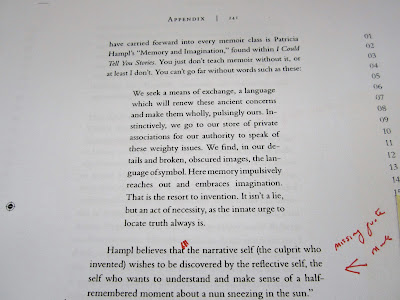when the government can't work, smart book people do: Maiden Lane Press and Shorefast Editions
Tuesday, October 1, 2013
Maiden Lane is the creation of Marly Rusoff, an agent who has worked with some of the most interesting writers of our time: Pat Conroy, Patricia Hampl, Arthur Phillips, Adam Langer, Meg Waite, Robert Clarke, Thrity Umrigar, Lisa Tucker, and Ron Rash, among them. I met Marly years ago, when she helped support the launch of my first book. I've stayed in touch, marveled at her eye and ear, applauded her literary moxie.
And so, when Marly told me about her brand new press—her desire to produce beautiful books that fully reflect on the author's work—I felt the pride I feel when cool people do cool things. Marly once bound books in her father's bindery. She cares about the case, the jacket, the design, and (of course) the words. And for her first foray into this publication effort she chose Moonrise by bestselling author Cassandra King. Moonrise has received much notice across the country and in the south, for the quality of its writing and story (a fresh haunting of du Maurier's Rebecca) and for the beauty of the book itself. It is doing spectacularly well—distributed widely, reviewed by the major trade publications, celebrated by many honors, and selling like hotcakes. A new press is born.
Colleen Mondor is another woman—writer, advocate, reviewer, blogger—for whom I hold much respect. Her beat is Alaska. Her memoir, The Map of My Dead Pilots, is featured in Handling the Truth and continues to sell well long after its publication.
But Colleen is always thinking beyond herself, and, together with Katrina Pearson, a bookseller and publicist in Alaska, she has created Shorefast Editions to help restore to print books that Colleen and Katrina feel are critical to the history of the land they love.
Their first effort in this regard is a reproduction (gorgeous!) of The Flying North, a book written by Jean Potter and originally published in 1945. Potter was a researcher who traveled across that snowy region interviewing the pilots who first flew north of the Arctic Circle, first landed on Mt. McKinley, and pioneered equipment that facilitated takeoffs and landings on sandbars, glaciers, and mudflats. Shorefast isn't just reproducing these historic titles in beautiful packages. It is making sure that bookstores have copies, that magazines are telling the story, that the book itself is being featured prominently at book festivals. They are, in other words, going all the way to make sure that books they believe in find their public.
We can have faith in people when our institutions fail us. We can keep on believing in books, because cool people keep inventing ways to keep this treasured industry alive.
Read more...























